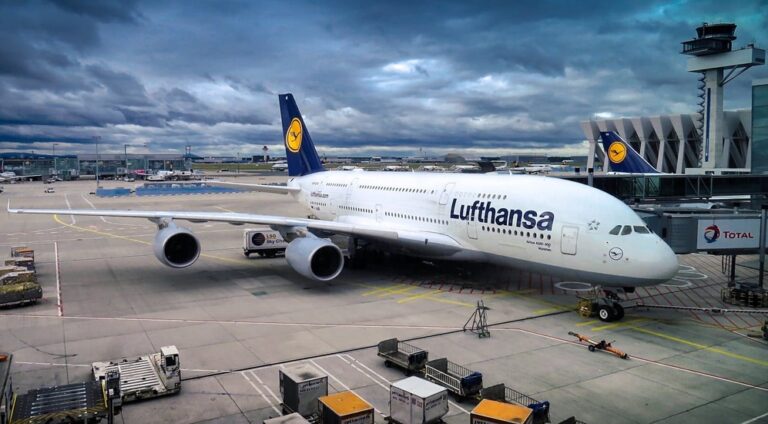
Automatic flight refund regulations prioritize passenger rights, fostering trust, transparency, and accountability within the aviation industry for sustainable growth.
The airline industry and customer interests frequently collide in the complex web of consumer rights and business obligations around air travel. One major step in rebalancing this delicate equilibrium is the recent implementation of legislation in the United States requiring automatic refunds for canceled flights. In addition to placing a high priority on consumer welfare, these policies encourage responsibility and transparency in the airline sector.
For passengers, getting a reimbursement for a canceled flight has always been a difficult process. Travelers were often left feeling both financially burdened and annoyed by the complicated procedures and bureaucratic obstacles that airlines imposed. Customers were disproportionately burdened with the task of initiating refund requests, which required them to navigate through convoluted conditions, fill out a lot of paperwork, and wait a long time. Due to this imbalance of power, airlines were able to keep money even in situations where passenger cancellations were unavoidable.
This landscape has undergone a paradigm shift with the implementation of automatic refund regulations, which require airlines to swiftly repay customers for travel reservations that are disrupted. These regulations preserve equity and fairness by simplifying the refund procedure and doing away with the necessity for manual intervention. They acknowledge that passengers have a fundamental right to prompt payment for services that were not provided because of airline policies or other events.
Furthermore, automated reimbursements are a powerful inducer of consumer confidence in the airline sector. Airlines may enhance their brand image and build closer relationships with travelers by exhibiting a dedication to customer-centric operations. It is not only morally but also strategically necessary to prioritize customer happiness in an era where reputational damage travels quickly through social media channels to maintain sustainable corporate growth.
Opponents of automatic refund laws may contend that these rules put extra financial strain on airlines, especially in recessionary times or when unanticipated events like pandemics or natural disasters strike. Airlines undoubtedly operate in a difficult economic environment, but it’s also critical to understand that customer rights shouldn’t be compromised for the sake of business success. Regulations provide a level playing field where the interests of all parties, including customers, are appropriately safeguarded.
Moreover, advocates of automatic reimbursements assert that the advantages, in the long run, surpass any immediate expenses faced by airlines. These rules support a more robust and sustainable aviation ecosystem by encouraging a culture of transparency and responsibility. They encourage airlines to make investments in strong backup plans, infrastructure for customer service, and risk-reduction techniques, therefore reducing the effect of disruptions on passengers and the overall economy.
Significantly, the adoption of automatic refund procedures is consistent with broader tendencies in the international aviation industry towards regulatory harmonization and uniformity. Ensuring consistent and standard consumer safeguards is crucial to fostering interoperability and facilitating smooth travel experiences as air travel crosses national boundaries. The US may take the lead in advocating for a just and equitable aviation regulatory system by adopting globally acknowledged best practices.
Policymakers should look into supplementary measures to address other issues with air travel, like overbooking, flight delays, and lost baggage, in addition to automatic refunds for canceled flights. The implementation of a comprehensive strategy that incorporates various consumer rights will improve the general quality of the passenger experience and strengthen the United States’ standing as a leader in consumer rights.
To sum up, the requirement for automatic flight reimbursements is a big step forward in the continuing development of passenger rights in aviation. These rules usher in a new era of openness, justice, and confidence by tipping the scales in favor of passengers and encouraging accountability inside the airline sector. It is critical to keep pushing for laws that put passenger welfare first and encourage innovation and competition in the aviation industry as the US steers toward a more resilient and customer-focused aviation sector.



